Here we report on the progress of the leading builders in the zkVM ecosystem, documenting recent significant releases, technical breakthroughs and general updates.
Featuring: @SuccinctLabs, @ProjectZKM, @NexusLabs, @boundless_xyz/@RiscZero, @brevis_zk, @0xLita, @ziskvm, @ligero_inc & @openvm_org 👇
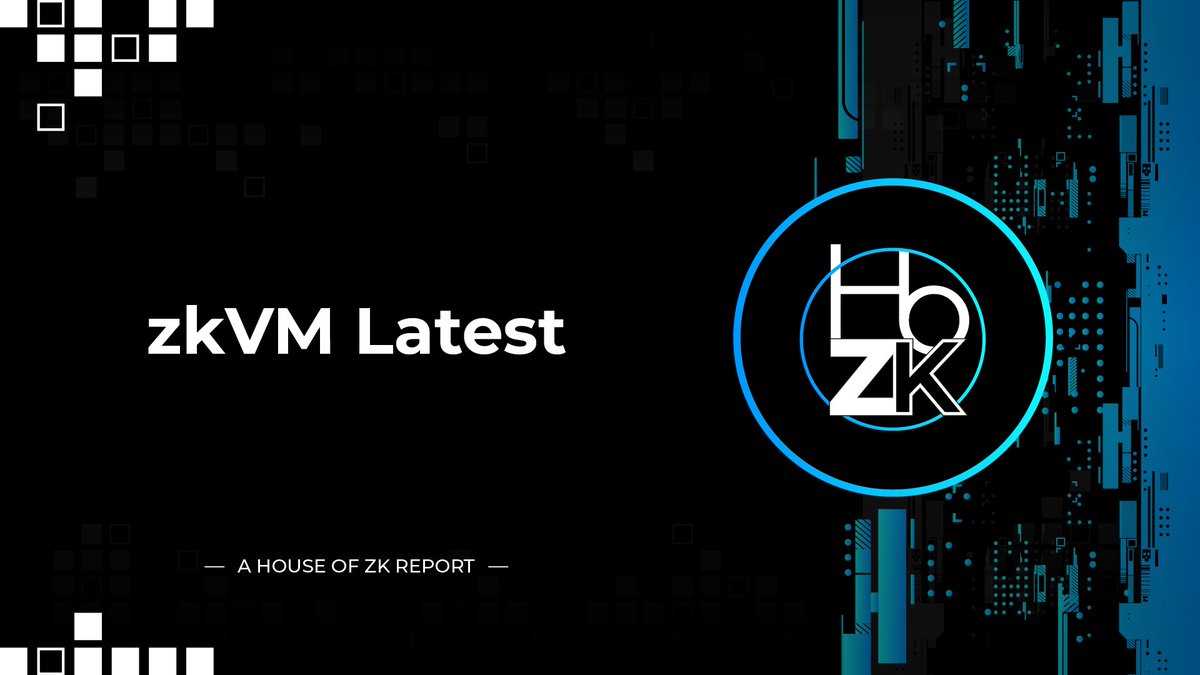
Succinct
🔹 Tech 🔹
@SuccinctLabs introduced SP1-CC, a ZK coprocessor for @ethereum that lets developers read historical blockchain state, run complex offchain computations, and verify results onchain with a single proof:
SP1-CC removes gas constraints and EVM limitations without changing L1 code, enabling new use cases in governance, DeFi, airdrops, and security disclosures. Teams like @eigenlayer already use it to reduce costs and increase flexibility.
🔹 Partnerships 🔹
The project recently announced a number of new partnerships including:
🔹 @Snarkify_ZKP: Joined the Succinct Prover Network as an early prover team, bringing a custom SP1-SRT proving engine optimized for real-time ZKP generation on GPUs and FPGAs, helping reduce latency and cost across the network:
🔹 @a41_allforone: Integrated into the network as a multi-node prover with a scheduler that coordinates hundreds of GPUs, along with a Python-optimized backend, enabling high-throughput proving for applications like gaming, AI, and rollups:
🔹 @cysic_xyz: Added to the network as a hardware-accelerated prover running large GPU clusters and preparing to launch a custom ASIC for zkVM workloads, contributing deep expertise from ZPRIZE and production-grade ZK infrastructure:
🔹 @worldcoin: Collaborated to prove all transactions on World Chain using OP Succinct, running a 7-day mainnet experiment with parallel proof verification and demonstrating fast, cost-efficient validity proofs for one of the largest OP Stack chains:
🔹 @Mantle_Official: Supported Mantle Network’s transition to OP Succinct on testnet, aligning with their roadmap to enhance security and decentralization with ZK-powered fault proofs and modular infrastructure:
🔹 @zan_team: Joined as a multi-node prover powered by @AntChainOpenLab, contributing hardware-accelerated infrastructure and FPGA-based SP1 optimization that improves proving speed by 20x over CPUs, helping drive down network costs and pave the way for ZK ASICs:
🔹 Media 🔹
Finally, Succinct Co-founder @pumatheuma joined @alicelingl on the recent 'Succinct Special', where they discussed Succinct's latest developments and everything ZK:
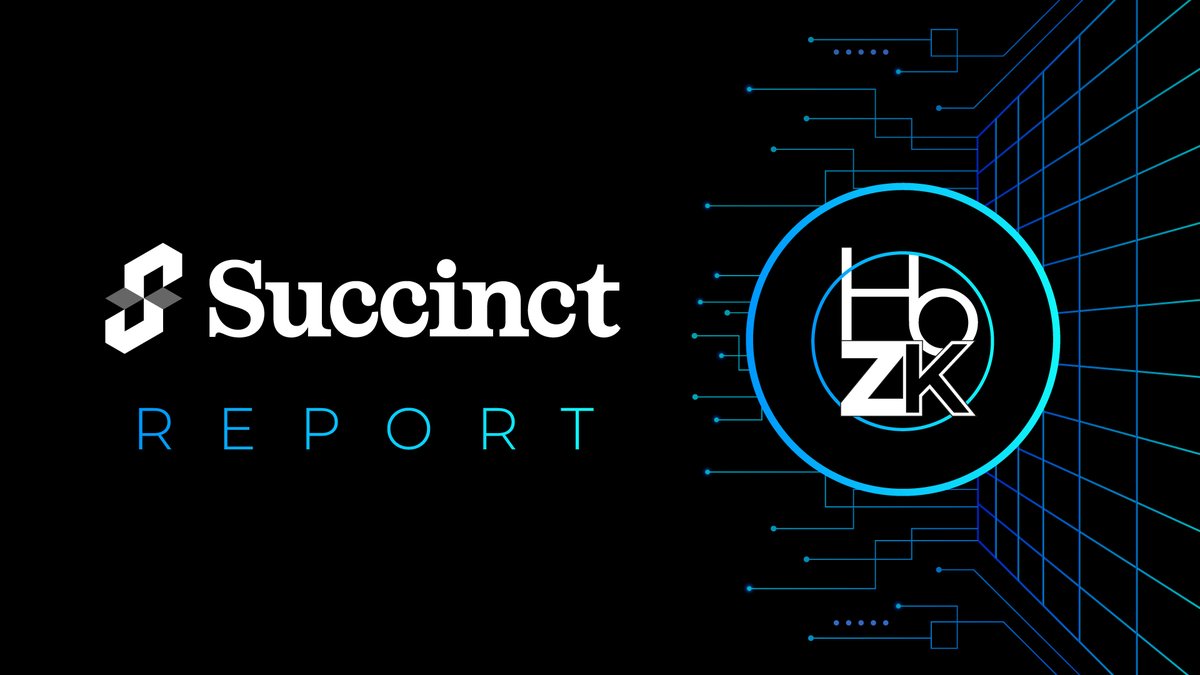
ZKM
🔹 Tech 🔹
@ProjectZKM introduced Ziren - a GPU-accelerated zkVM with distributed proving, formerly known as zkMIPS:
Built on the zk-efficient MIPS32r2 architecture, Ziren is already powering real-world applications like @GOATRollup and reduces proof generation time significantly over previous versions.
🔹 Research🔹
ZKM published multiple new articles highlighting the latest advancements in its ZK proving stack:
🔹 The first article introduced the upgrades that came with the Ziren rebrand - GPU acceleration, distributed proving, and various constraint optimizations:
🔹 The second explained the Ziren System Framework, covering the full pipeline from high-level code to on-chain proofs. It details how MIPS-based execution traces are converted into STARKs, recursively aggregated with PLONK, and finalized into Groth16 for efficient verification:
🔹 The third article completed the trilogy of ZKM's ISA series, focusing on why ZKM chose MIPS32r2 over RISC-V. It emphasizes circuit stability and proof longevity, explaining how MIPS offers a fixed, unchanging ISA, ensuring proofs remain valid for years without rework:
🔹 In the most recent article, ZKM introduced Jagged Polynomial Commitments - a method for handling irregular matrices in zkVMs. By using sparse-to-dense conversions and sumcheck protocols, it enables scalable, efficient commitments across dynamic proof structures:
🔹 Media 🔹
Lastly, @DacEconomy (ZKM Chief Scientist) and @sd_eigen (core contributor at GOAT Network) joined @alicelingl to discuss how ZKM’s zkVM powers GOAT Network’s Bitcoin L2:
They explored Entangled Rollup infrastructure, real-time and aggregated proof generation, and replacing validator trust with mathematical certainty - highlighting the architecture and security model behind GOAT’s approach to Bitcoin scalability.
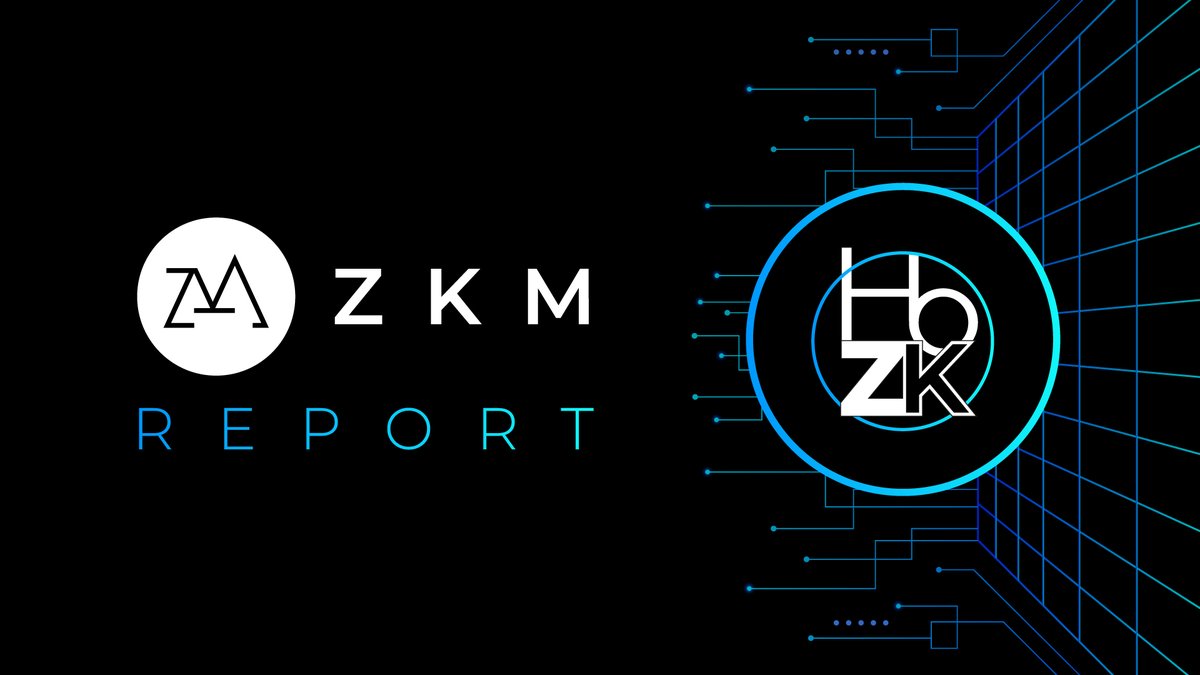
RISC Zero/Boundless
🔹 Tech 🔹
@boundless_xyz by @RiscZero has launched its Mainnet Beta on @base, bringing ZKPs into real-world use:
'The Signal' was introduced - an open-source ZK client that compresses @ethereum finality into a single proof, enabling cross-chain verification. By separating execution from consensus, Boundless allows scalable computation without sacrificing security. Proving is permissionless, with real incentives and live application support already running on Base.
🔹 Partnerships 🔹
The Signal by Boundless is now supported by @eigenlayer, @unichain, @LineaBuild, @wormhole, @Optimism, @StellarOrg, @RiscZero, @build_on_bob, @anoma, @alt_layer, @conduitxyz, @taikoxyz, @Alchemy, @hyli_org, @celestia, @AragonProject and @union_build.
Together, these networks enable ZK-based @ethereum finality to become a universal, verifiable primitive for cross-chain applications - without oracles, bridges, or trust assumptions:
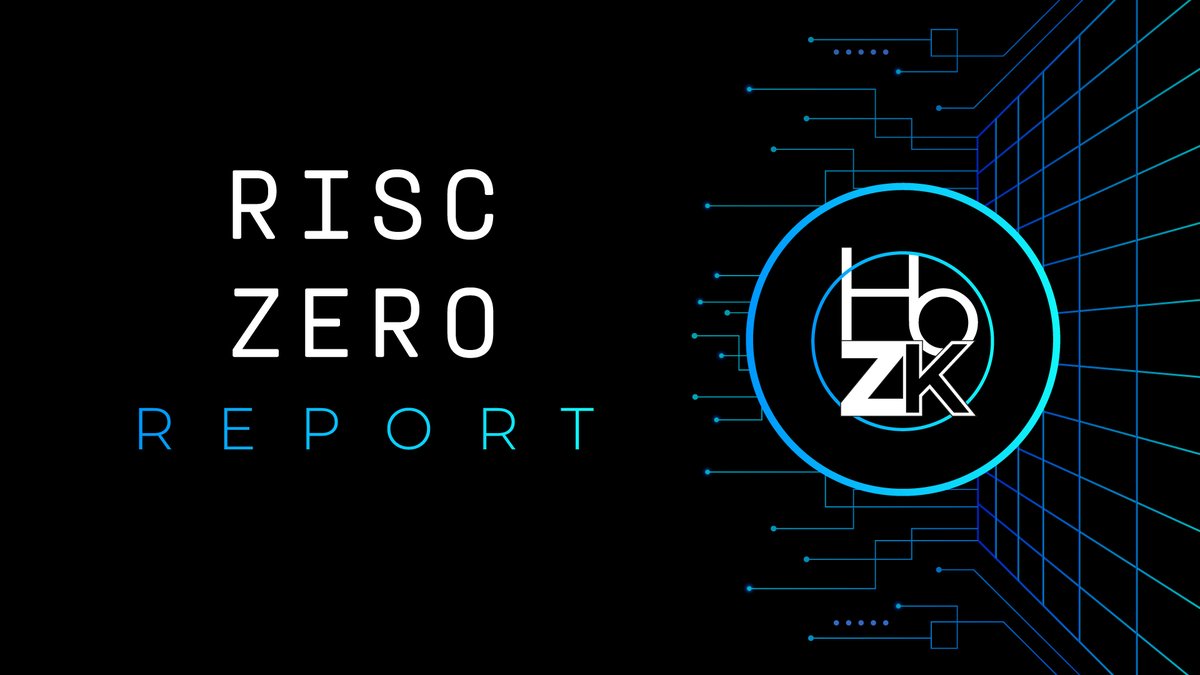
In the latest Ethproofs Call, @succinct_li of @brevis_zk shared updates on Brevis’s in-house zkVM, Pico: (Timestamp 11:06)
Brevis's GPU-based prover, Pico v1.0, delivers up to 20× speed improvements over their CPU version and outperforms leading competitors by around 25-27%.
The team plans to release Pico v2.0 by the end of August, aiming for real-time proving. They also intend to open-source the GPU code after completing multi-GPU and multi-machine support in the coming months.
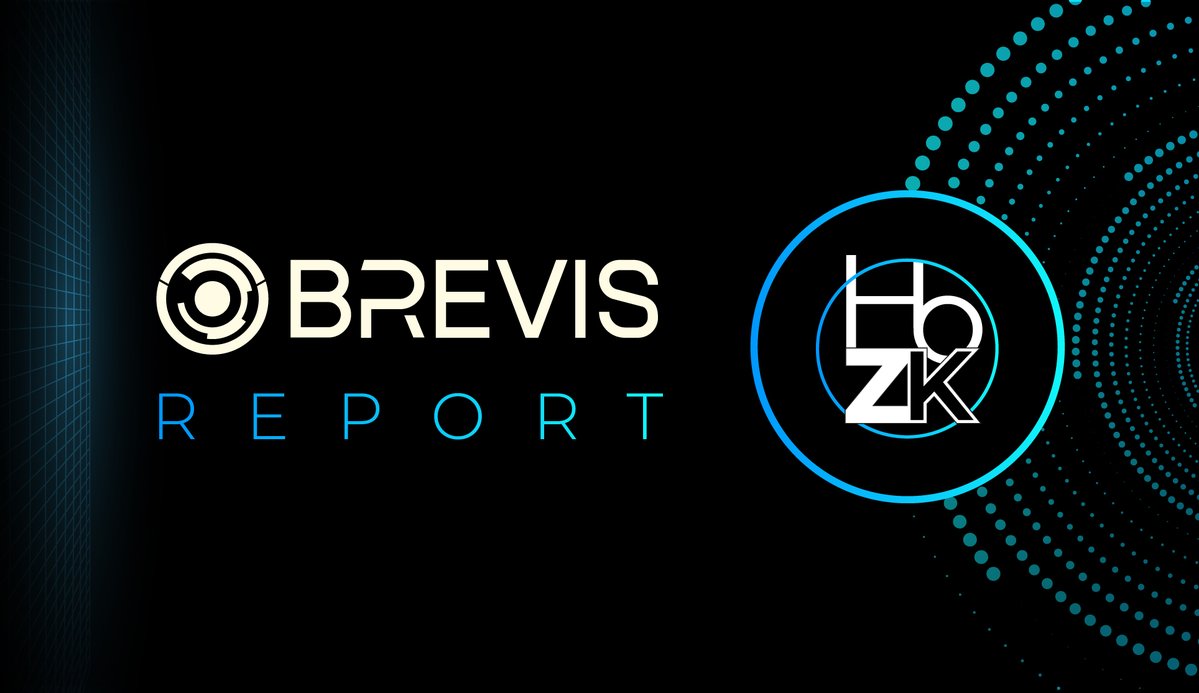
Lita
@0xLita introduced Valida 0.10.0, a major update to its zkVM stack:
The release adds Continuations for partial execution proofs, a client-side WASM API for browser-based zk proofs, and improved Rust/LLVM toolchain support.
It also includes Docker images for x86 and ARM, early support for Secp256k1 and memcpy, and Reva, an @ethereum block executor.
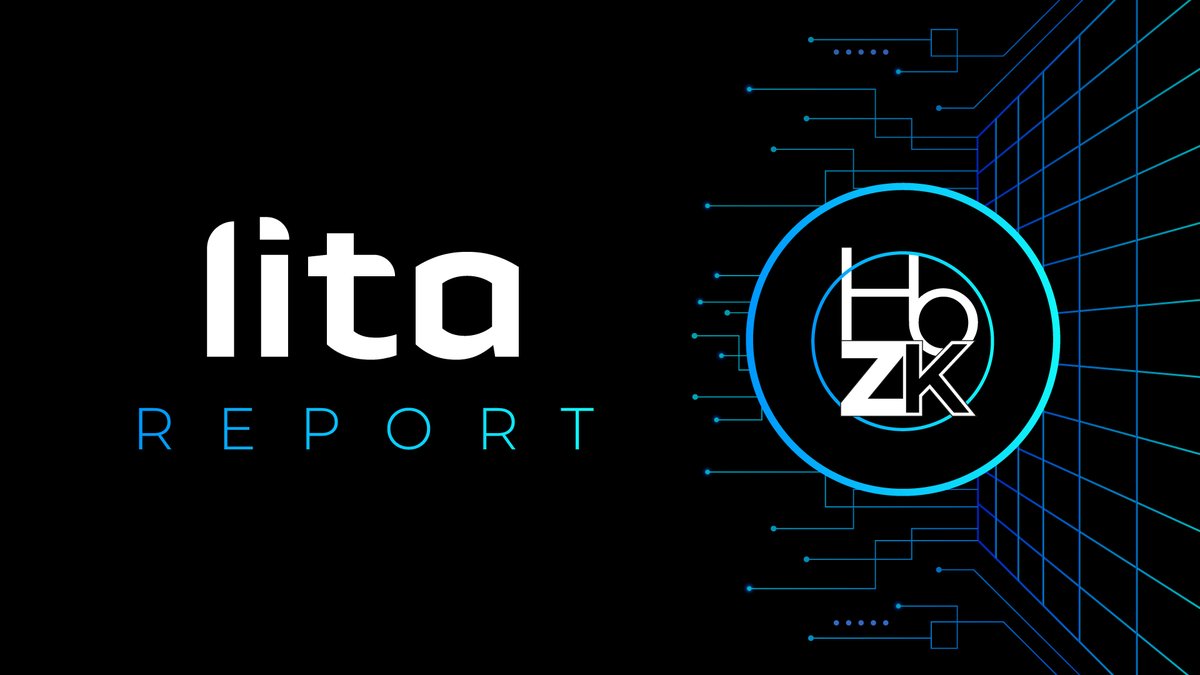
OpenVM
@openvm_org has released version 1.3.0, introducing revamped guest libraries that cleanly separate low-level bindings from high-level APIs:
The update includes a new Rust library for verifying STARK proofs, CLI enhancements supporting Cargo options, and patches for cryptographic crates like k256 and p256. No circuit changes occurred. Developers are encouraged to migrate to the new libraries.
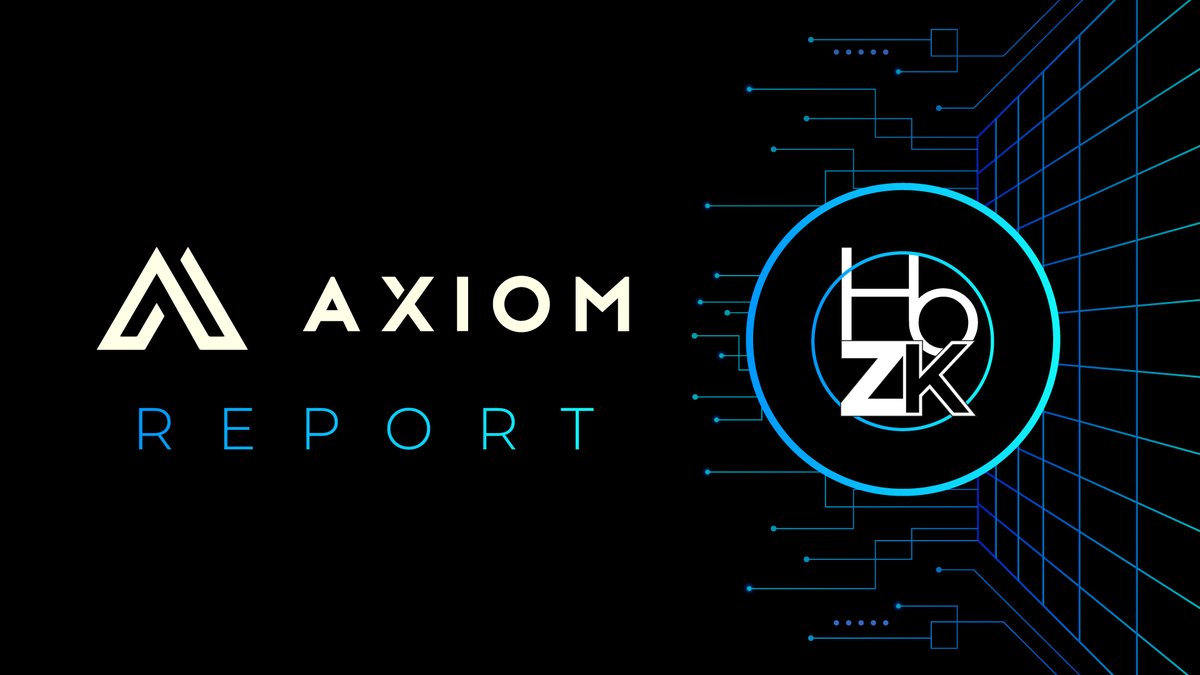
94.32K
203
The content on this page is provided by third parties. Unless otherwise stated, OKX is not the author of the cited article(s) and does not claim any copyright in the materials. The content is provided for informational purposes only and does not represent the views of OKX. It is not intended to be an endorsement of any kind and should not be considered investment advice or a solicitation to buy or sell digital assets. To the extent generative AI is utilized to provide summaries or other information, such AI generated content may be inaccurate or inconsistent. Please read the linked article for more details and information. OKX is not responsible for content hosted on third party sites. Digital asset holdings, including stablecoins and NFTs, involve a high degree of risk and can fluctuate greatly. You should carefully consider whether trading or holding digital assets is suitable for you in light of your financial condition.


